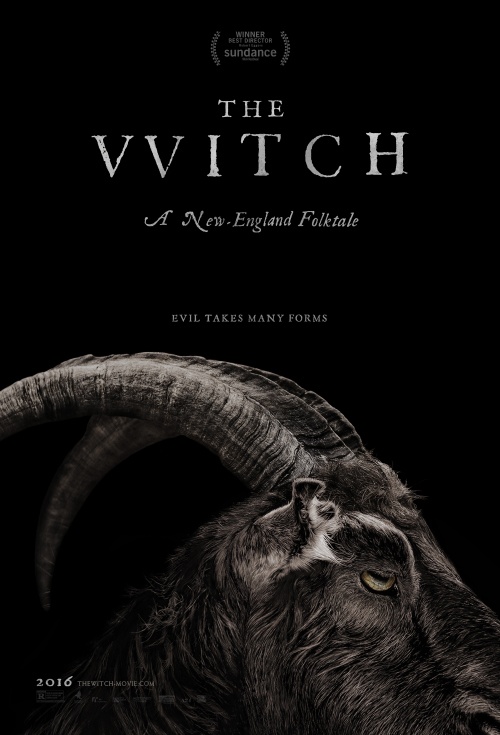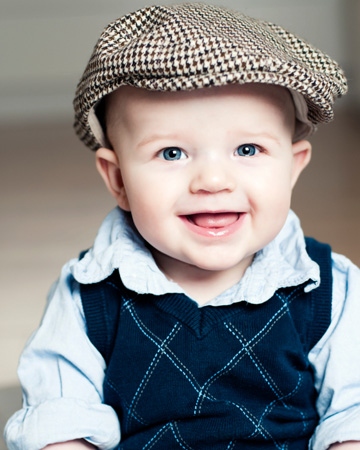The Witch



Imagine if The Crucible and The Shining had a baby and rolled it around in Twin Peaks dust, and you’d have The Witch, the feature film debut of writer/director Robert Eggers. Set in seventeenth century New England, The Witch draws much of its dialogue from actual historical documents of that era, which gives it a very tangible feeling. It also increases the tension and dread because we know about the Salem witch trials, so scenes are extra fraught because we know exactly how devastating that particular brand of hysteria can be. The film opens with a family being ejected from a Puritanical village because the father, William (Ralph Ineson), thought he was more devout than everyone else. In those days, banishment was tantamount to death because of the hard nature of survival, and indeed, William’s family quickly begins to suffer.
Homesteading at the edge of a dense forest, William, his wife Katherine (Katie Dickie, aka Lysa Arryn), and their five children struggle to get by, working constantly approximately thirty-two hours a day. Things begin to fall apart after the baby vanishes while the eldest child, Thomasin (Anya Taylor-Joy) is playing with him near the woods. From there, the family devolves into paranoia, hysteria, grief, and fear. Their crops fail, their farm animals stop rendering eggs and milk, and Katherine is destroyed by grief, unable to cope with her other children, most notably the young twins Jonas (Lucas Dawson) and Mercy (Ellie Grainger). Jonas and Mercy are two of the most intolerable, annoying children featured on screen in recent memory, but I’m pretty sure that was intentional as the twins are horrid brats you actively hope will get eaten by something, anything.
The Witch is technically a horror movie, but it’s not big on jump scares (there is only one). Instead it creates an ever-increasing sense of dread and paranoia as the family falls apart. Thomasin is at the center of the story, the eldest child and daughter, and the film layers seemingly harmless incidents until Thomasin is hemmed in by lies and superstition. William lets her take the blame for things he’s done, which further sours Thomasin in Katherine’s eyes, and the obnoxious twins think she’s a witch because the family goat, Black Phillip, told them so. (Look, if you’re ever around creepy twins who sing songs about their pet goat being the devil, KILL THEM WITH FIRE.) The atmosphere of the film is stellar, with meticulous production design, an unnerving, discordant score by Mark Korven, and a set of very accomplished performances, particularly from Taylor-Joy.
Where The Witch falls down a little bit is in the layout of the circumstances. It works best when each family member has a different opinion on their family’s misfortunes, from a punishment/test from God, to the work of the devil, to simple bad luck. But it makes a point of introducing an actual malevolent third party very early in the film, which takes some of the tension out of it, since you know there’s more at play than just bad luck. It’s a little bit of a bummer, because as-is the climax legit gave me chills, and it would have been MIND-BLOWING if it really came out of nowhere, instead of being prefaced a couple times earlier in the film.
The Witch is an exceptionally well-made horror movie that relies on character-driven drama to create fear, not cheap gimmicks. I saw it at TIFF several months ago and I can tell you that the film will stick with you for a while, and leave you with some things to think about, as it touches on everything from gender issues to the lines between religion, fanaticism, and superstition. And goddamn that climax really is the f*cking creepiest. The Witch will not be for everyone, but if you’re willing to try something different, it’s an incredible film.

